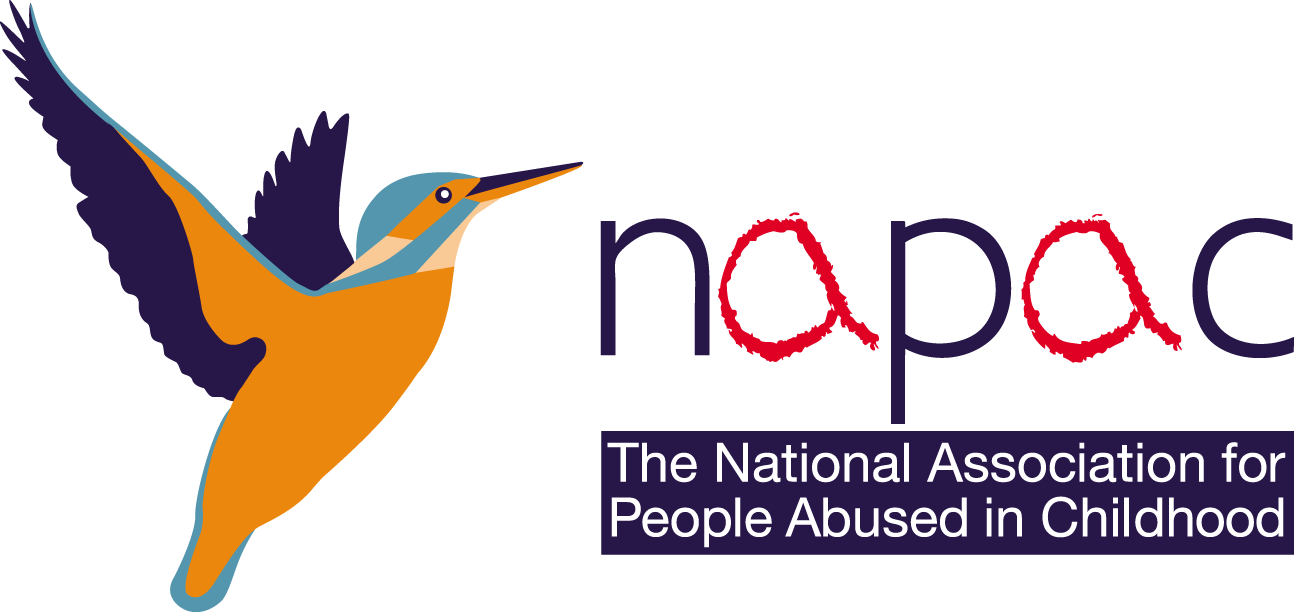19 June 2019
Many survivors say that they simply want the harm they suffered to be heard and acknowledged and for the abuser to take responsibility. Restorative Justice can offer a safe pathway to such outcomes – as long as its done via a Restorative Justice Council accredited organisation or facilitator.
The Restorative Justice (RJ) process requires voluntary participation by victim/survivor and offender. It does not have to involve a face-to-face meeting, although that is the “gold standard” and typically produces the best outcomes and biggest transformation. Instead it can involve an exchange of letters, indirect shuttle communication via a facilitator or video or telephone communication.
Restorative Justice is already widely used for child sexual abuse cases – even for very severe, extreme cases. It represents a very powerful option for people who have been abused to get their questions answered and tell their story. It can also be alternative to the traditional criminal justice route avoiding the inevitable re-traumatisation that comes from giving statements and cross-examination in court.
In all of these formats, the core element is for the survivor to communicate the impact of the crime to the abuser and for the abuser to take responsibility for and understand the impact of their actions.
Find out more about accessing Restorative Justice via Why me? – a national charity
